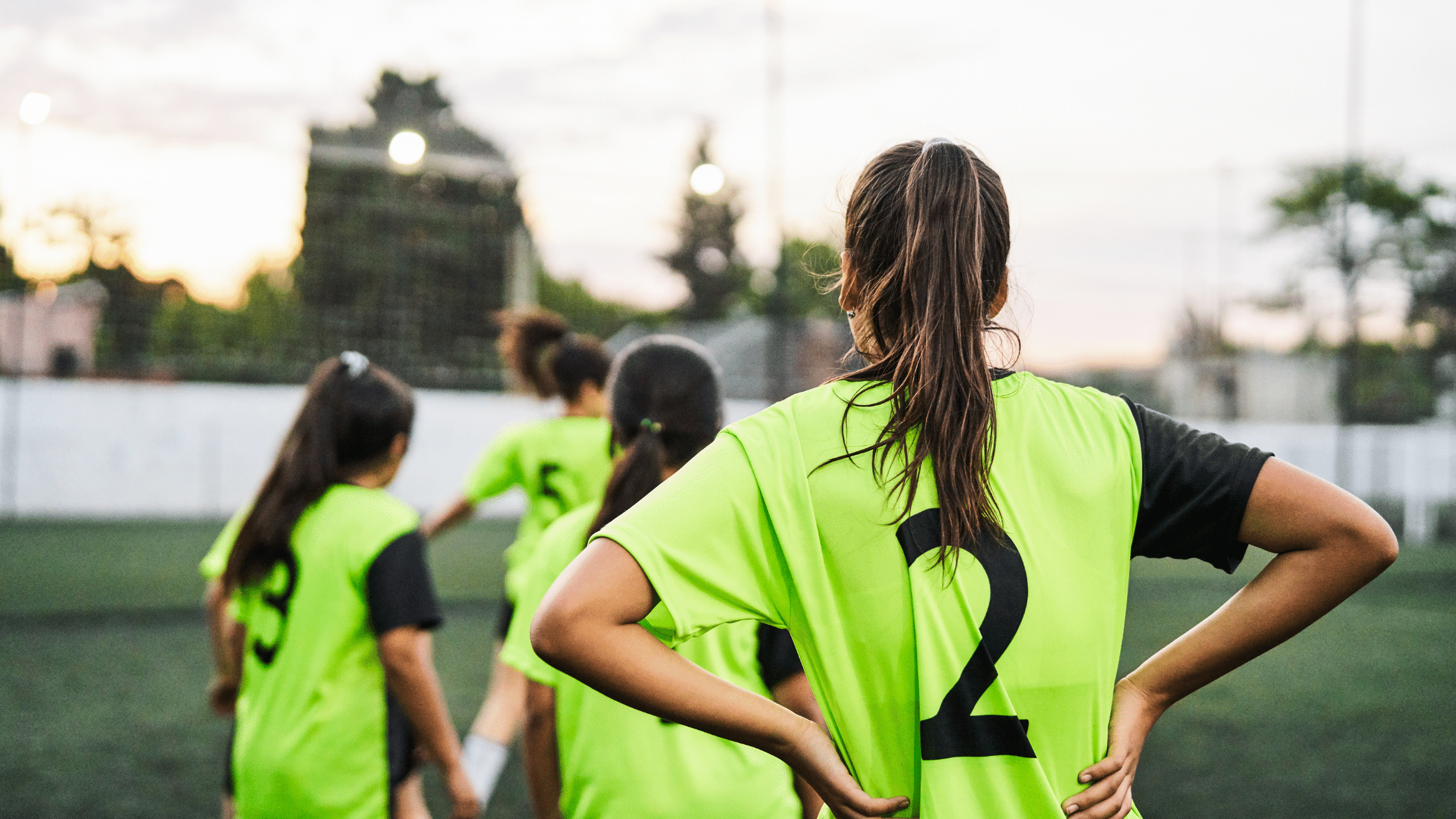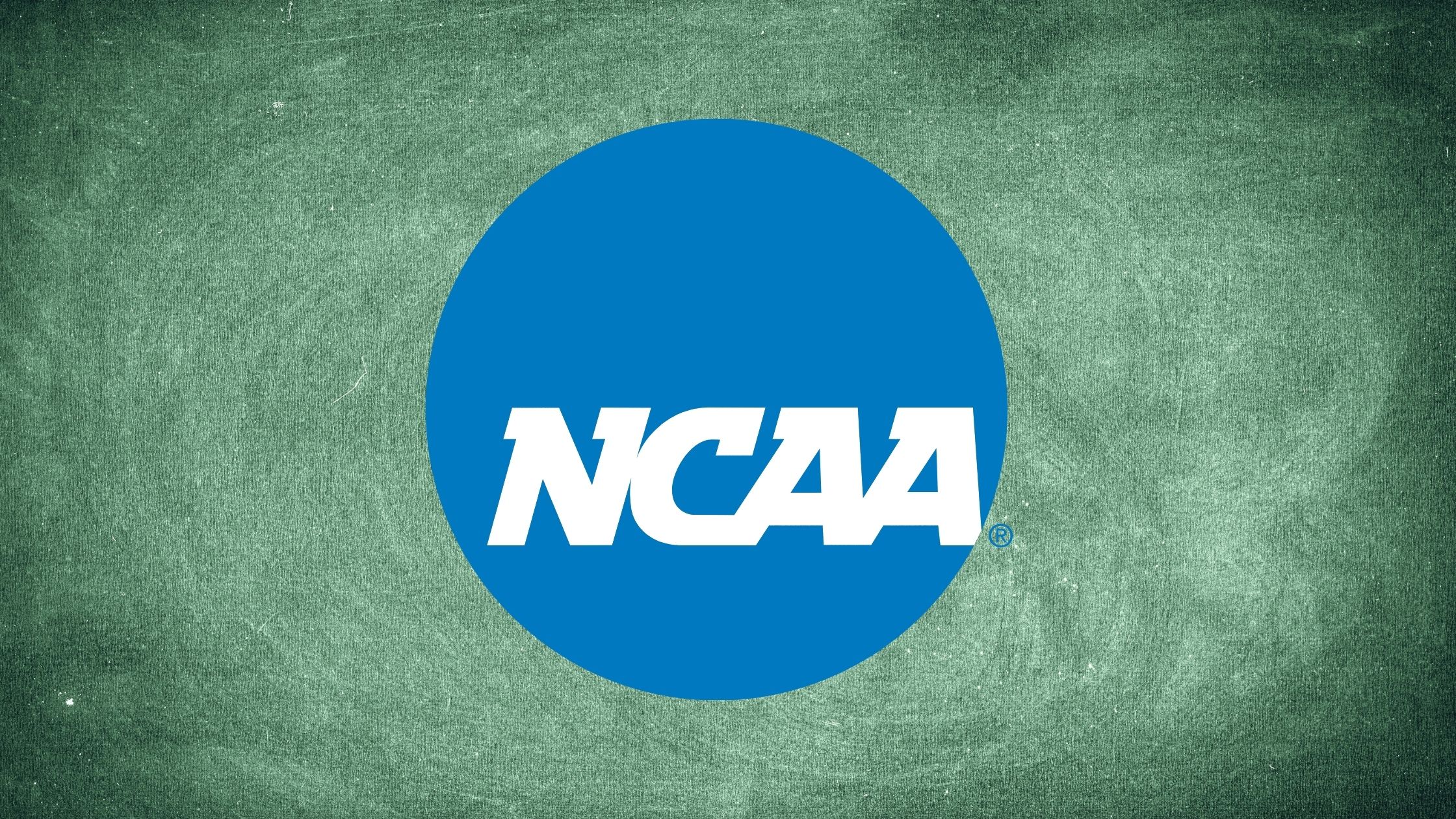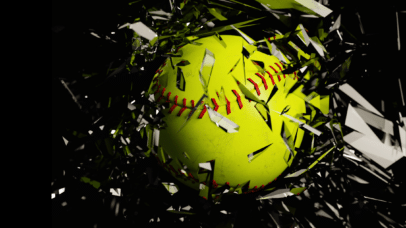Is NCAA Division III Right for Me? A Guide to Playing at the NCAA Division III Level
Published on Apr 8, 2025
There are many opportunities to continue playing the sport you love after high school. Each level of competition brings different benefits for student-athletes. Playing at the NCAA Division I (DI) level can be exciting for students and their families, with nationally televised games, stadiums packed with fans, and ample support ranging from athletic performance training, sports medicine, academic advising, extensive travel, nutrition, and career development.
However, DI is not the only destination for sports after high school. NCAA Divison II (DII), NCAA Divison III (DIII), NAIA, and community college/junior college (NJCAA, CCCAA, etc) schools can all offer a rich experience for student-athletes to compete and earn a college degree.
Let’s deep dive into the details for student-athletes looking to compete at one of the 425 NCAA DIII schools.
With close to 200,000 DIII student-athletes, about 1 in 6 students on a DIII campus are student-athletes… the most in any NCAA division.
Typically, college athletic programs at the DIII level can provide a more flexible experience, allowing student-athletes the opportunity to have a campus job, get an internship, study abroad and even join numerous clubs on campus.
Maybe NCAA DIII is right for you!
Why NCAA DIII?
Many students choose to play at the DIII level because it provides a highly competitive athletic experience, while also allowing students to participate in college life to its fullest. DIII sports tend to travel more regionally, and their practice and competition seasons are shorter than at other levels. Being at the DIII level allows students more time to do research in a lab or volunteer at an organization close to campus. Research shows nearly ¼ of NCAA DIII student-athletes will study abroad during their college career, almost ½ will have a job and work 8 hrs/wk, and ¾ will do an internship.
Best Academic And Athletic Fit
Student-athletes often choose NCAA DIII colleges for the academic and athletic level that best fit their needs and aspirations. Student-athletes who have played their sport competitively for much of their life don’t have to give it up, just because they graduate from high school. Continuing an athletic lifestyle in conjunction with a college education allows students to stay disciplined, represent their college, continue developing as an athlete, engage with additional academic support and networks, have a family on campus, and enjoy four more years of high-level competition.
With shorter practice sessions and playing seasons, DIII student-athletes can focus on their academics and college life. DIII schools tend to be smaller institutions with a high faculty-to-student ratio.
With the average DIII institution enrollment being around 1,750 students, the benefits include learning in a smaller classroom environment and developing meaningful relationships with faculty members. Establishing relationships with professors can also be integral in advising plans about graduate school, and 67% of DIII athletes say they will likely attend graduate school after their undergraduate degree is completed.
What Is Needed To Be Academically Eligible For NCAA DIII?
NCAA DIII programs do not require test scores in order to compete and there are no NCAA Core Course or Core GPA requirements for NCAA DIII eligibility. However, all student-athletes must meet the admissions standards set by the school as opposed to the academic requirements for DI and DII.
Will I Get To Compete At The NCAA DIII Level?
The opportunity to play at DIII could be more significant for you than at other NCAA divisions. Since there are no NCAA eligibility requirements to play at the DIII level, the rosters for DIII tend to be larger than DI or DII teams. DIII programs usually take more walk-ons or non-recruited students who try out for the team when they get to campus as freshmen. Oftentimes at a DIII school, you’ll find student-athletes playing multiple sports in college.
What If I’m Unsure I Want To Play A Sport In College?
DIII could be the perfect spot for you! Student-athletes in college tend to graduate at a higher rate than the general student body and at the DIII level, those athletes graduate at a 5% higher rate than their non-athlete peers. Being part of a team (and the structure that goes along with it) can provide many benefits to your college experience. You will gain time management skills that will transition nicely to your professional life post-college, and you will have an automatic group of peers to ease your transition from high school to college. These teammates could be your friends for life, and being part of a sport in college provides a support group that you can lean on.
Being a member of a DIII program will also offer your first sense of community on the college campus and can help to give you the confidence to venture out to the greater campus community. Employers value the intangible skills developed by former collegiate student-athletes and research shows that 95% of Fortune 500 CEOs were former college athletes, many at the DIII level!
Do DIII Schools Offer Athletic Scholarships?
While DIII schools do not offer athletic scholarships, 80% of DIII student-athletes receive some form of merit and/or “need” based assistance in the form of grants and financial aid.
Additionally, since the practice and travel schedules for DIII student-athletes are not as demanding, they often have time to get a part-time job to save money for tuition. There is also more time in summer to take classes, which might reduce the length of the college experience (and the bills associated with it).
Do I Need To Register With The NCAA Eligibility Center To Play DIII Sports?
You do not need to register with the NCAA Eligibility Center for a paid Academic and Amateurism Certification if you are planning to play at the DIII level.
However, you can complete a free NCAA Profile Page Account, which can be transferred to a paid Academic and Amateurism Certification Account if you end up deciding to play at an NCAA DI or DII institution.
International student-athletes who plan to compete at a Division III school will need to enroll and pay for an Amateurism-Only Certification Account. This account may also be right for domestic student-athletes transferring from a two-year school to an NCAA DI or DII school who have not previously been certified. This account includes a $70 registration fee for all student-athletes. This account can be transitioned to an Academic and Amateurism Certification account if the student-athlete decides on Division I or II instead.
Recruiting Rules for DIII Student-Athletes
DIII coaches still recruit just like DI coaches and many could be on the sidelines watching your games. College coaches are looking for competitive athletes and will want to confirm you will be an active member on campus outside of your sport. Research shows that DIII student-athletes spend 40 hours on academics each week compared to 28 hours on athletics.
When Can DIII Coaches Contact Recruits?
Similar to NCAA DII schools, the rules for DIII sports include no limit on phone calls or digital communications, as well as receiving printed recruiting material. DIII coaches may begin off-campus contact after the athlete’s sophomore year and student-athletes can begin taking official visits after January 1st of their junior year. Student-athletes can take an unlimited number of unofficial visits at any time. During an unofficial visit, DIII recruits are allowed to receive one on-campus meal as well as admission to a home athletics event for themselves and their guardians.
For official visits, a college may pay for you to visit the college beginning Jan. 1 of your junior/11th year of high school. There is no limit on the number of official visits to DIII colleges. However, you may only be provided with one visit per college.
Do DIII Student-Athletes Need To Be Placed On A School’s IRL?
Since DIII recruits do not need to be registered with the NCAA Eligibility Center, they also are not required to be placed on a school’s Institutional Request List (IRL).
Does a DIII Recruit Sign an Athletic Grant-in-Aid?
DIII schools do not offer athletic grant-in-aid as part of their programs; however, some may hold a celebratory signing day. A prospective DIII student-athlete can sign a non-binding celebratory signing form at any time, including during high school signing events, after they’ve been accepted to the institution.
Do DIII Student-Athletes Need To Enter The NCAA Transfer Portal?
DIII student-athletes looking to transfer from one DIII school to another must complete a “Permission to Contact” form in order to contact a new school. DIII schools may utilize the NCAA Transfer Portal at their discretion to search for prospective student-athletes; however, it is not legislated by the NCAA.
If a school does not grant permission within seven days of being asked, you can appeal that denial. If permission is not granted, the new NCAA school will not encourage the transfer and, specifically, a new NCAA DI or DII school will not provide athletically related financial assistance to the student-athlete until the student-athlete has attended the new NCAA DI/DII school for at least one academic year.
Have more questions about the NCAA DIII recruiting process? Schedule a time to meet virtually one-on-one with an Honest Game Counselor to discuss all of the options for playing sports in college. Set up a time to talk NOW!

As a former Senior Associate Athletic Director at the NCAA Division I level and with more than 20 years of experience in collegiate athletics, Courtney has advised thousands of student-athletes through the college recruiting and eligibility process for college sports. Interested in virtual counseling with Courtney? Sign up here.




